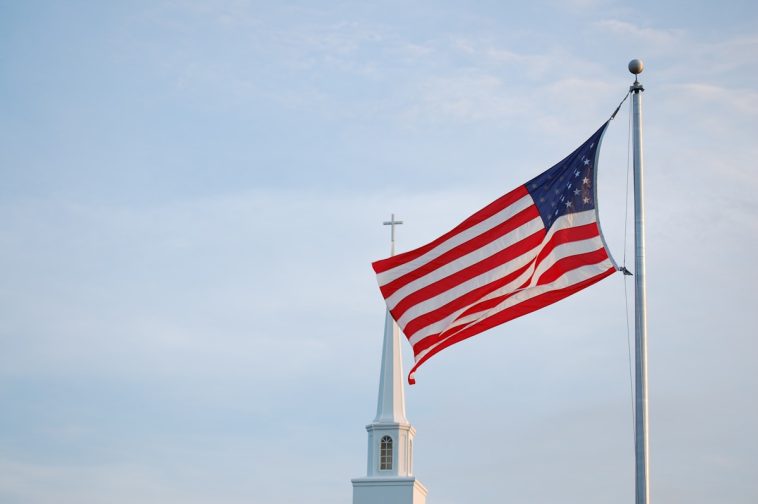Should the phrase “under God” remain in the Pledge of Allegiance?
The phrase “under God” in the Pledge of Allegiance has been a point of contention in recent years, with debates focusing on the appropriateness of its inclusion in a nation that values religious freedom and diversity. From a conservative perspective, keeping “under God” in the Pledge of Allegiance is essential for honoring the nation’s historical and cultural heritage, reaffirming foundational values, and promoting unity. Here’s why “under God” should remain in the Pledge and how it aligns with conservative principles.
Honoring Historical and Cultural Heritage
The phrase “under God” was added to the Pledge of Allegiance in 1954, during a period when the United States was distinguishing itself from atheistic communist ideologies. This addition reflects the historical context and cultural values of the time. The founding of the United States was deeply influenced by Judeo-Christian principles, which have shaped the nation’s moral and ethical framework. Keeping “under God” in the Pledge honors this historical heritage and acknowledges the role that religious faith has played in the development of American society.
Reaffirming Foundational Values
The inclusion of “under God” in the Pledge of Allegiance reaffirms the foundational values upon which the United States was built. The nation’s founding documents, such as the Declaration of Independence, emphasize the belief that certain unalienable rights are endowed by a Creator. This belief underscores the idea that rights and freedoms are inherent and not granted by the government. By maintaining “under God” in the Pledge, we reaffirm the principle that our liberties are grounded in a higher moral authority, which is a cornerstone of American democracy.
Promoting National Unity
The Pledge of Allegiance serves as a unifying ritual that brings Americans together, regardless of their individual beliefs or backgrounds. The phrase “under God” reflects a common acknowledgment of a higher power, which can foster a sense of shared purpose and collective identity. In a diverse and pluralistic society, such expressions of unity are crucial for maintaining social cohesion. Keeping “under God” in the Pledge promotes a sense of belonging and unity among citizens, reinforcing the idea that, despite our differences, we are one nation under a shared set of values.
Respecting Religious Freedom
Critics argue that the phrase “under God” violates the principle of religious freedom by endorsing a specific religious view. However, the phrase is not an endorsement of any particular religion but a general acknowledgment of a higher power. It reflects a broad and inclusive understanding of spirituality that aligns with the diverse religious beliefs held by Americans. Additionally, reciting the Pledge is voluntary, and individuals who do not wish to say “under God” are not compelled to do so. This approach respects religious freedom while preserving the historical and cultural significance of the Pledge.
Upholding Tradition and Continuity
Traditions play a vital role in maintaining the cultural fabric of a nation. The Pledge of Allegiance, with the phrase “under God,” is a long-standing tradition that connects present-day Americans with their historical roots. Removing “under God” would represent a significant break from tradition and could be seen as a rejection of the nation’s historical values. By preserving the Pledge in its current form, we uphold the continuity of American traditions and ensure that future generations remain connected to the values and principles that have shaped the nation.
Reflecting the Will of the People
Public opinion has consistently shown strong support for keeping “under God” in the Pledge of Allegiance. Many Americans view the phrase as an important affirmation of the nation’s values and identity. By maintaining “under God” in the Pledge, policymakers respect the views of the majority and uphold the democratic principle of reflecting the will of the people. This alignment with public sentiment reinforces the legitimacy and relevance of the Pledge in contemporary society.



